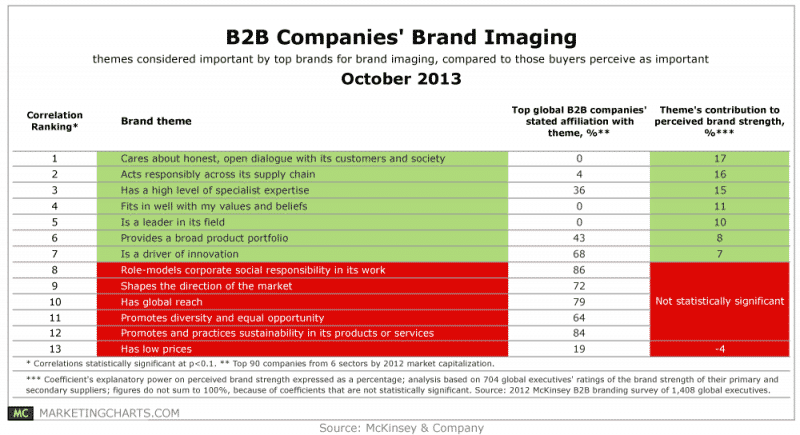The bosses of Britain’s biggest energy firms were quizzed by MPs yesterday, seemingly oblivious to the fact that their companies are largely hated by the public. Indeed, they spent a lot of time blaming the Government for the recent price hikes. “It’s not our fault, ner-ner-ne-ner-ner,” was the seemingly playground taunt from them.
Psychologically this is known as the “locus of control” – the companies appear to believe they have no control over their prices, it is all down to the wholesale market and the Government; “Nothing to do with us, gov.” Their locus of control is “external”. When you have an internal locus of control you believe that you are responsible for what happens to you and therefore only you can change it.
When you have an internal locus of control, if anything is not quite right you act to change it, almost immediately. But if there is a predominance of external locus of control, then you tend to sit back and do nothing, waiting for the world around you to change instead.
This is clearly evident when you look at how much companies focus on what their customers want. Repeated studies show that most companies have little if any idea of what their customers really want or value in them. This was clear from the energy sector long before they attempted to answer question from MPs yesterday.
New research, though, shows that in the Business to Business (B2B) sector, there is also a gap between what customers want and what the companies think they want. Indeed, you might say there is something of a mismatch.
The research, by consultants McKinsey and Company, shows that B2B companies focus on many things as though they were important to their clients, when in fact they are not. For instance, 68% of B2B companies in the study focused on showing they are innovative, whereas this was important to only 7% of customers. Meanwhile, an important thing to customers was that B2B companies demonstrate they are open and honest, yet NONE of the B2B companies bothered to demonstrate this. Similarly, customers valued B2B companies demonstrating that they were leaders in their field, yet none of the companies themselves bothered with this as a message. What the companies did focus on was demonstrating they were experts, not leaders, yet they focused on this more than twice the amount that was expected by the customers.
It is yet more evidence that businesses fail to understand their customers.
It also shows that companies appear to perceive that many aspects of their messaging to customers are out of their control. They don’t bother with being a leader because they think someone else is the known leader, perhaps. They don’t bother with demonstrating that they fit in well with the beliefs of their customers because they believe they cannot change them. This is external locus of control alive and well inside the B2B sector.
What is interesting in the McKinsey study is that one in five companies focused messaging on showing they had low prices. Yet this had a significant NEGATIVE impact on customers. The one thing that the companies had the most control over, they believed, was the one thing that worked against them.
The answer for B2B companies – and for the beleaguered energy sector – is simple; find out more about your customers. The answer to moving your locus of control from external to internal and to making sure you deliver the right messages to your customers as a result is to find out more about them. Few businesses know enough about their customers; most know precious little.
I suspect that if the energy companies did more to find out about their customers they would discover that the prices themselves are not the issue – it is the communication of those prices that’s the problem.

